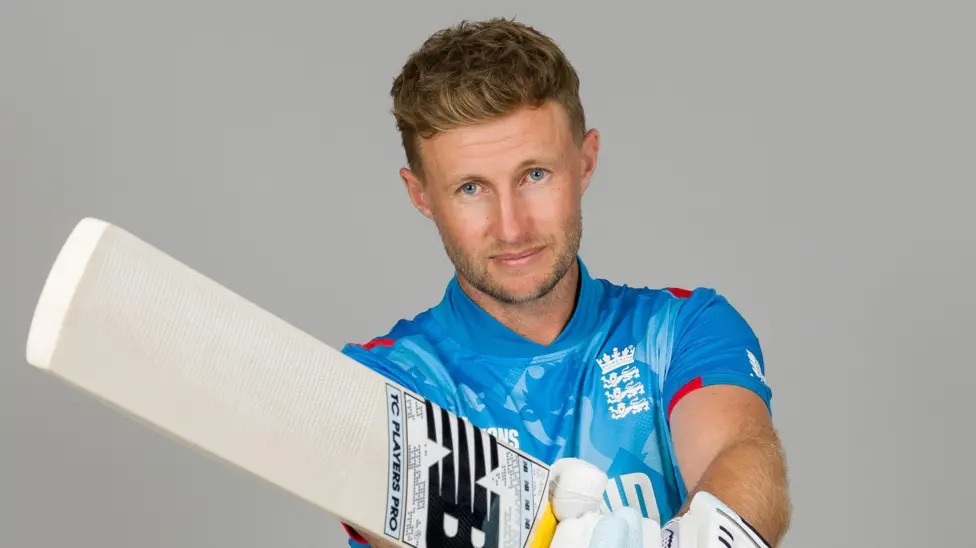Some academy footballers in England have been left unable to train because of dental problems, according to a new study which found three-quarters of participants are suffering with gum disease. The study from researchers at University College London (UCL) asked 160 academy players representing 10 English football clubs from the Premier League, Championship and Women’s …


